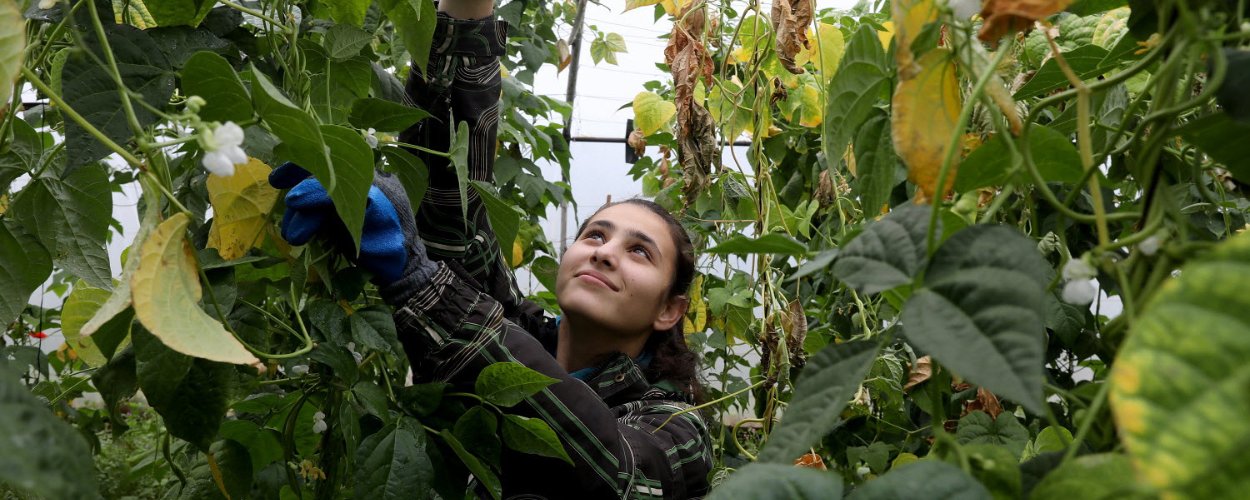SEED FUNDING JOINT PROGRAMMES
Cambodia
Transforming Cambodia’s food systems to become more sustainable, inclusive, and resilient


PROJECT TITLE | Transforming Cambodia’s food systems to become more sustainable, inclusive, and resilient |
| Context | Cambodia’s National Pathway is the outcome of an extensive consultation process, involving more than 2,000 people throughout thirty dialogues, which identifies four priority areas, namely healthy diets for all, empowerment of youth, women and vulnerable groups, resilient livelihoods and food systems, inclusive governance. Acknowledging the risks posed by climate change to hard won development gains and as a co-founder of the Alliance of Champions for Food Systems Transformation, Cambodia is prioritizing the integration of climate change and food systems transformation, building coherence across the agendas. The Council for Agricultural and Rural Development, the government agency coordinating food security and nutrition initiatives in Cambodia, is leading collaborative efforts to translate national aspirations into concrete action. |
| PUNOs | FAO, WFP, UNICEF |
| Contribution to SDGs | SDG 2 Zero Hunger |
| Contribution to other SDG transitions | Climate, biodiversity, pollution |
| Duration | August 2024 – July 2025 |
| Expected financial leverage | $3 million |
| Alignment with SG Call to Action | Policy integration; Food systems governance; Inclusive and participatory design; Private sector engagement |
| Outcomes | The Joint Programme fosters an enabling environment for food systems transformation by enhancing national capacities and policy frameworks, identifying opportunities to unlock financial streams, and strengthening advocacy efforts for food systems transformation. The JP provides crucial support to the alignment of the climate and food agendas, accelerating progress towards resilient, sustainable and inclusive food systems. |
| Partners | Council for Agricultural and Rural Development (CARD) will be the main government counterpart and will coordinate the government activities in conjunction with other key Ministries, including:
|
| Outputs |
|
Food Systems Solutions Dialogues: 2023 schedule is out!

©FAO/Marwan Tahtah
The Food Systems Solutions Dialogue schedule for March - July 2023 has been released.
These dialogues will bring together Food Systems National Convenors and other government participants, experts and stakeholders from various sectors to discuss the most pressing challenges facing our global food systems. The dialogues provide a platform for participants to share ideas, experiences, and innovative solutions to transform our food systems and accelerate the achievement of the Sustainable Development Goals.
The upcoming schedule for March - July 2023 includes a series of virtual dialogues on various topics such as finance, multi-stakeholder collaboration, building resilient food systems, science and technology, gender mainstreaming, and planning for the UN Food Systems Summit +2 Stocktaking Moment. The sessions will feature keynote speakers, expert presentations, and interactive breakout sessions to facilitate dialogue and knowledge exchange.
See the full schedule of events here.
Invitations to participate in these dialogues will be extended to National Convenors and other government participants, UN Country Teams, the Food Systems Ecosystem of Support, the United Nations system, and other actors of support.
The Hub will also be organizing Food Systems Solutions webinars which will be open to all interested parties. Further details will be announced shortly.
